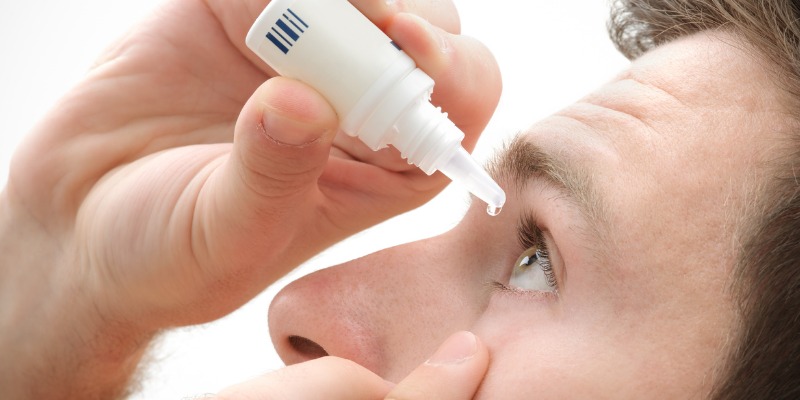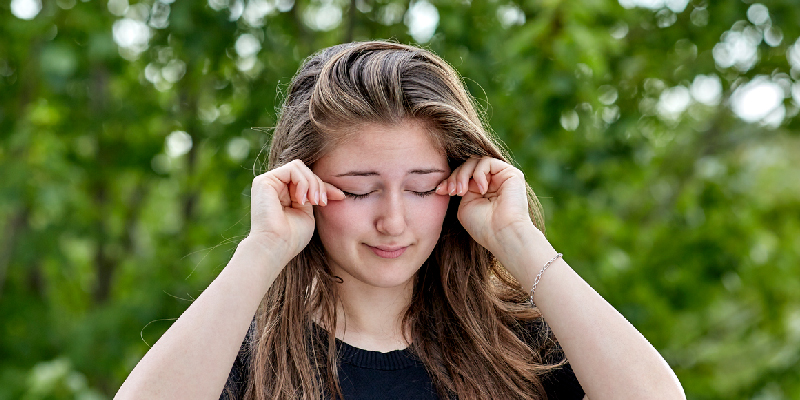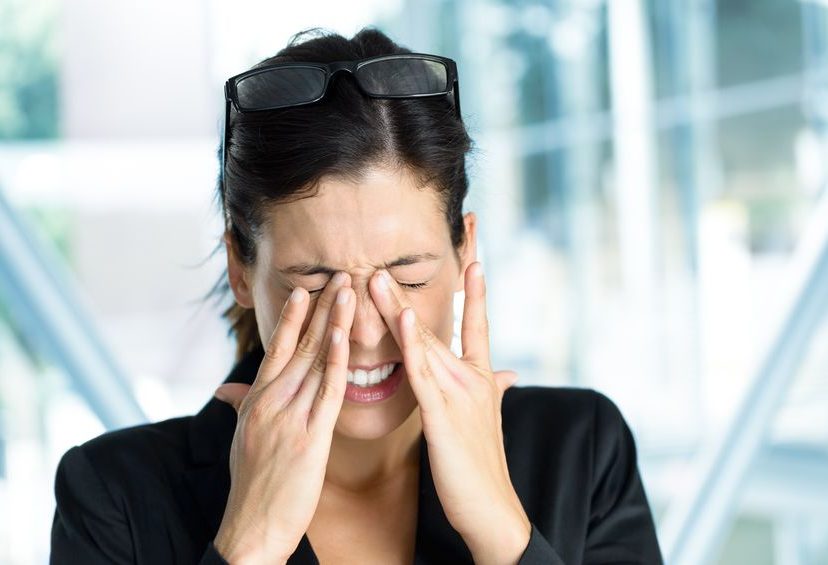When your eyes are dry, it can be uncomfortable to carry out common tasks, such as driving or reading. Also, because your eyes aren’t producing enough tears to help eliminate irritants, such as dust particles, you may experience redness, pain, stinging, or burning in your eyes.
What causes dry eyes, and how can you keep your peepers moist?
Medical Conditions of Dry Eyes
A few medical factors might be contributing to your dry eyes. LASIK eye surgery, for example, could be a cause. Some medications, such as antihistamines, antidepressants, or birth control, can also come into play.
While there is little you can do to change your medical status, you might be able to combat dry eyes by using eyedrops. If your dry eyes are particularly troublesome, your doctor may prescribe a special medication.
Age of those affected with dry eyes
Anyone can experience dry eyes, but the condition is more common in people who are older. According to one estimate, 5 million people over the age of 50 have dry eye syndrome in the United States alone.
Other events that occur with aging can also cause dry eyes. The hormonal changes that come with menopause, for example, could exacerbate the condition. Again, using eyedrops or medication is an option.
Contacts and how they contribute to dry eyes

Image via Flickr by maikel_nai
Contact lenses are another common cause of dry eyes. If this is the case for you, you may want to consider cutting back on the amount of time you wear your contacts. You may decide to wear them only when you’re at work and switch to regular glasses when you get home. Alternatively, you could save your contact lenses for date night and other special occasions.
Another option is to switch your preferred brand of contact lenses. Some contact lenses are specifically designed to help reduce dryness. Hydrogel lenses can provide up to 6 times more oxygen to pass through the contacts and as a result, they are suggested for consumers who suffer from dry eyes.
Environmental Factors that cause dry eye
Certain habits and environmental factors can dry out your eyes, including the following:
- Excessive reading
- Too much time spent in front of a screen
- Long periods of driving
- Air conditioning
- Heating methods that take moisture out of the air
When you’re engaged in any activity that requires concentration, remember to blink. A couple times each hour, about every twenty minutes or so, slowly blink 10 times. This will help reduce dryness. Also, if air conditioning or heating is causing your eyes to dry out, consider buying a humidifier for your home.
Lipid Layer Breakdown
Dry eyes might mean that your tears have the wrong composition and are evaporating too quickly to maintain a layer of moisture over your eyes. Tears have three layers: mucus, water, and oil. When one of these layers is lacking, your tears can’t do their job. The lipid, or oil, layer is particularly important because it helps your tears spread evenly across your eyes and prevents the other layers from evaporating.
To keep the lipid portion of your tears in good shape, you may need to step up your ocular hygiene. Cliradex wipes for your eyes and lids contain an organic tea tree oil compound that has been shown to be a powerful force for combating dry eye.
Dry eyes are irritating, and they can be very painful. To take care of your eyes and enjoy the best vision possible, use these tips — and be sure to give Cliradex a try. Visit cliradex.com to learn more about how you can maintain the moisture in your eyes.
Prevent Dry Eye
Published on November 2nd, 2016 by Chris Maire, Cliradex Evangelist




